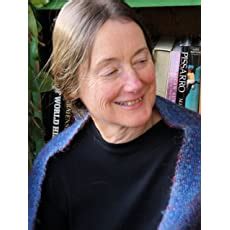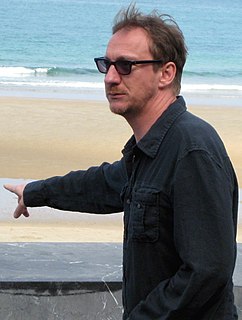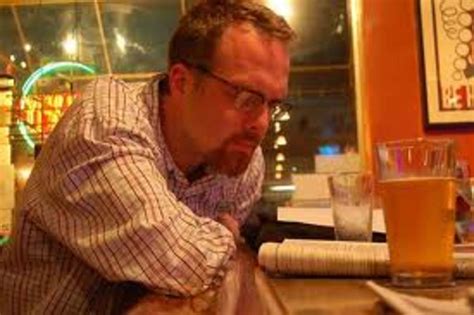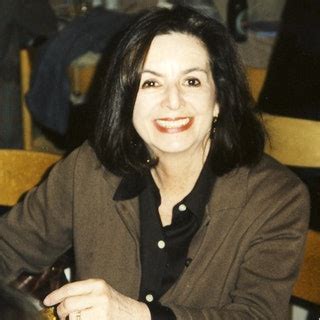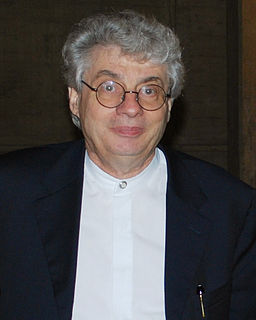A Quote by Mark Epstein
As my Buddhist teachers have shown me, wisdom emerges in the space around words as much as from language itself.
Related Quotes
When I speak in Christian terms or Buddhist terms I'm simply selecting for the moment a dialect. Christian words for me represent the comforting vocabulary of the place I came from hometown voices saying more than the language itself can convey about how welcome and safe I am what the expectations are and where to find food. Buddhist words come from another dialect from the people over the mountain. I've become pretty fluent in Buddhist it helps me to see my home country differently but it will never be speech I can feel completely at home in.
It has not been definitively proved that the language of words is the best possible language. And it seems that on the stage, which is above all a space to fill and a place where something happens, the language of words may have to give way before a language of signs whose objective aspect is the one that has the most immediate impact upon us.
Space and force pervade language. Many cognitive scientists (including me) have concluded from their research on language that a handful of concepts about places, paths, motions, agency, and causation underlie the literal or figurative meanings of tens of thousands of words and constructions, not only in English but in every other language that has been studied.
Being a slow reader would normally be a deficiency; I found a way to make it an asset. I began to sound words and see all those qualities - in a way it made words more precious to me. Since so much of what happens in the world between human beings has to do with the inconsideration of language, with the imprecision of language, with language leaving our mouths unmediated, one thing which was sensuous and visceral led to, in the use of language, a moral gesture. It was about trying to use language to both exemplify and articulate what good is.
And the fear of not being is born in that space. But in meditation, when this is understood, the mind can enter into a dimension of space where action is inaction. We do not know what love is, for in the space made by thought around itself as the me, love is the conflict of the me and the not-me. This conflict, this torture, is not love. Thought is the very denial of love, and it cannot enter into that space where the me is not. In that space is the benediction which man seeks and cannot find. He seeks it within the frontiers of thought, and thought destroys the ecstasy of this benediction.
It’s obvious you kids are smart-school and good teachers will do that for you-but wisdom is something altogether different. Wisdom can be gathered in your downtime. Wisdom that can change the very course of your life will come from the people you are around, the books you read, and the things you listen to or watch on radio or television.
When we cling to thoughts and memories, we are clinging to what cannot be grasped. When we touch these phantoms and let them go, we may discover a space, a break in the chatter, a glimpse of open sky. This is our birthright—the wisdom with which we were born, the vast unfolding display of primordial richness, primordial openness, primordial wisdom itself. When one thought has ended and another has not yet begun, we can rest in that space.
The first gesture of an architect is to draw a perimeter; in other words, to separate the microclimate from the macro space outside. This in itself is a sacred act. Architecture in itself conveys this idea of limiting space. It's a limit between the finite and the infinite. From this point of view, all architecture is sacred.

